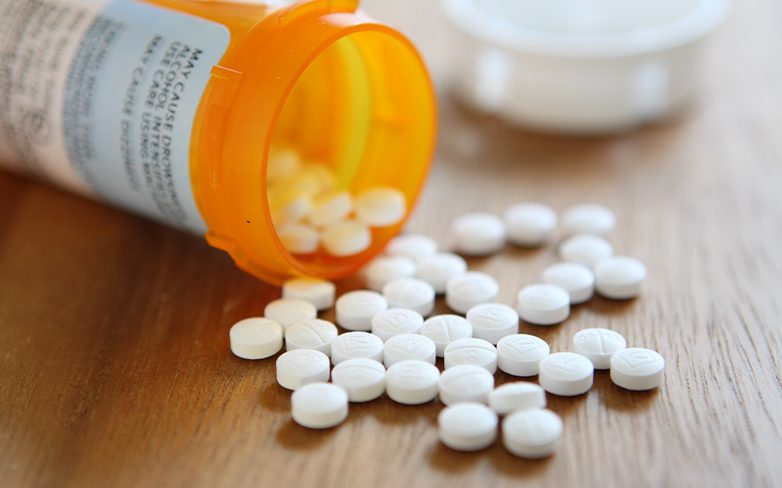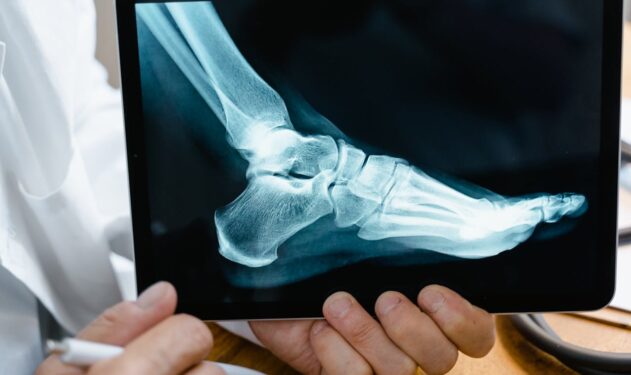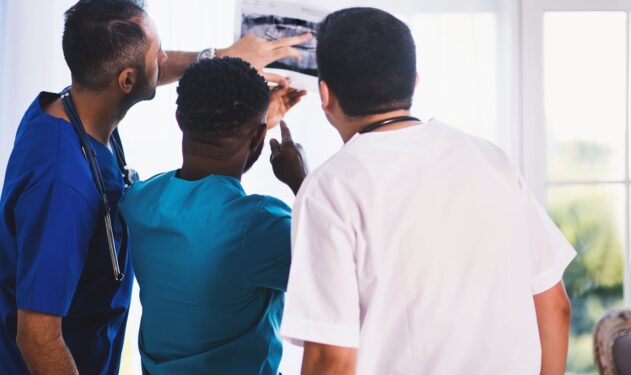Did you know that the U.S. Food and Drug Administration (FDA) receives over 100,000 reports of suspected medication errors each year, making them one of the most frequent medical mistakes? While almost all of these reported medication mistakes are preventable and result from human error, drugs with similar names or packaging may increase your likelihood of consuming the wrong prescription or medication. Commonly referred to as “look-alike, sound-alike drugs,” these medications that have similar appearances to other drugs may lead to severe or even fatal consequences. Our medicine malpractice lawyers in Wichita, Kansas, at the Prochaska, Howell & Prochaska LLC Law Firm, discuss the potential hazards of look-alike and sound-alike drugs below.
The Problem With Look-Alike and Sound-Alike Drugs | Medicine Malpractice Lawyers, Wichita, KS

What Are Look-Alike and Sound-Alike Drugs?
Look-alike and sound-alike (LASA) drugs are considered to be medications visually similar in physical appearance and/or packaging as other medications or medications with names with similar phonetics and spelling. For example, a saline solution for injection may be available in various strengths, such as .09 percent (normal saline) and 5.0 percent (hypertonic saline). Labeling on the vials is very similar, but misuse of hypertonic saline when normal saline is required can cause severe brain damage when injected into the bloodstream. Fortunately, but not until severe injuries occurred, the FDA issued a warning to hospitals stating they should not be stored next to one another in the clinical setting because of their similar labels and the propensity to make a fatal mistake in selecting the saline strength. With the increase of medicines being produced and marketed in today’s world, in addition to the thousands that are already available, many medication names and labels have begun to look and sound alike, causing confusion among patients and pharmacists alike. To help combat potential hazards of medication errors, the Institute for Safe Medication Practices has compiled a list of drugs requiring special safeguards to better reduce the risk of errors. Some of the most common causes for LASA errors include:
- Misheard oral orders
- Incorrect handwritten prescriptions
- Look-a-like labeling
- Confusion during the medication reconciliation process
- Incorrect product selection from shelves or cabinets
- LASA drugs appearing in near proximity on online drop-down menus
Preventing Look-Alike and Sound-Alike Errors
Because the FDA is always looking for new ways to prevent medication errors, they have implemented processes that help review new drug names, labeling, packaging, and product designs before approving them for marketing. In addition to this, the FDA has guaranteed to:
- Determine the acceptability of proposed proprietary names and urge brand names to minimize confusion among drug names.
- Review all container labels to ensure healthcare providers and consumers select the correct product and ensure the label design is identifiably different for each strength.
- Ensure all patient information and prescription directions are clear and easy to read.
How You Can Stay Aware
While the FDA has published several guidelines to help manufacturers design appropriate labeling and packaging and has instituted rules requiring barcodes on specific drug and product labels, you can still take safety precautions to help reduce your chances of suffering from the side effects of medication errors. Our medicine malpractice lawyers in Wichita at the PHP Law Firm recommend practicing the following safety tips:
- Stay in touch with your healthcare provider and review your complete medication list so both parties understand which medications are being taken and what they are treating.
- Store your medications in the original packaging and avoid combining your pills into one bottle. This will eliminate any potential confusion or wrong dosage.
- Mark the caps of your pill bottles to easily differentiate your medications.
- Speak with your pharmacist if you notice a difference in appearance with your regular pills. While it’s likely due to a different manufacturer producing the drug, it’s still best to check with your pharmacist if you notice a change.
It’s Not Always Within Your Control
We have all heard the adage, “to error is human.” Well, that is true in everything, including errors made by healthcare providers while you or a loved one are in the hospital or a skilled nursing home. These errors occur “behind the scenes,” and thus, it is unlikely that you will even know they happen until it’s too late. In order to discover these errors, the medical records, and sometimes pharmacy records, must be obtained and carefully and meticulously reviewed for mistakes involving look-a-like and sound-a-like drugs and improper dosing. This happens, which is why the Institute of Safe Medication Practices and the Joint Commission on the Accreditation of Hospitals warn healthcare facilities to exercise caution when pharmaceuticals are in use.
What if I Am the Victim of a Medication Error?
Medication mistakes caused by look-alike or sound-alike drugs can oftentimes lead to severe or even fatal patient harm, which is why it is important to contact an experienced medicine malpractice lawyer to obtain medical records and carefully review them to look for errors. Oftentimes, medical consultation with experts once a review has been completed is essential in the evaluation process. When filing a medical malpractice lawsuit, you may be able to hold the at-fault party accountable for the medication error by gaining compensation for your damages. Common damages for medication error lawsuits often include:
- The cost of necessary medical treatments to treat the absence of the correct medication
- Lost wages caused by inability to work
- Physical pain
- Emotional suffering
- Potential funeral or burial expenses
How PHP Law Firm Can Help
When you contact the PHP Law Firm medicine malpractice lawyers in Wichita, we can schedule a free consultation to discuss your situation before making a recommendation. If our team feels that you are the victim of a medication error and you would like to proceed with legal action, you will not be charged any fees unless we win compensation for you.
Contact us directly at (316) 683-9080 to schedule a free consultation. We look forward to speaking with you!







